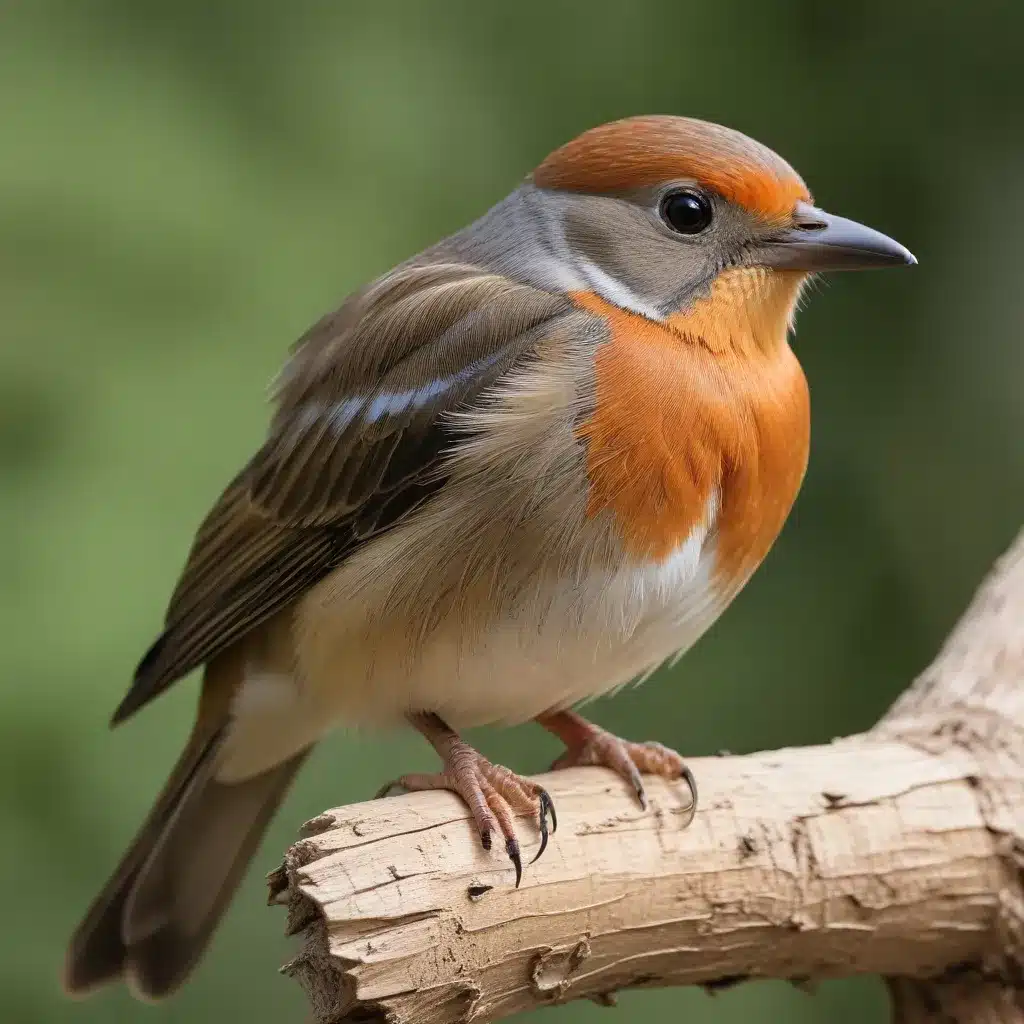
Avian Rescue and Rehoming
As an experienced avian caretaker, I’ve seen firsthand the heartbreaking situations that many birds find themselves in – abandoned, neglected, or simply in need of a loving forever home. It’s a sad reality that countless avian companions end up in shelters or worse, left to fend for themselves on the streets. But with compassion, dedication, and a deep understanding of these incredible creatures, we can make a real difference in their lives.
Bird Welfare Considerations
When it comes to rescuing and rehoming birds, there are several key factors to keep in mind to ensure their wellbeing. Proper habitat setup is crucial – birds require spacious, enriched enclosures that allow for natural behaviors like flying, perching, and foraging. Nutritional needs must also be meticulously addressed, as an imbalanced diet can lead to serious health issues. Monitoring for medical concerns, providing prompt veterinary care, and addressing behavioral challenges are all essential to a bird’s recovery and successful placement.
Rescue and Rehabilitation
Identifying birds in need is the first step. Some may be surrendered to shelters, while others are discovered abandoned or injured in public spaces. It’s vital to have established protocols in place to ensure these birds receive the immediate care and rehabilitation they require. This may involve providing a safe, stress-free environment, administering medications, and slowly introducing them to socialization and enrichment activities to rebuild their strength and confidence.
Carefully planning for a bird’s eventual release or adoption is also crucial. For those that are unreleasable due to permanent injuries or disabilities, finding a suitable forever home is the top priority. This requires thorough assessments, thoughtful matchmaking, and a robust support system to set the bird and its new family up for long-term success.
Avian Adoption and Placement
Responsible Bird Ownership
Placing rescued birds in loving, qualified homes is a delicate process. Potential adopters must be carefully screened to ensure they have the knowledge, resources, and dedication to provide the level of care these special birds need. This includes evaluating their living situation, experience with birds, and commitment to ongoing training, veterinary care, and enrichment.
Once a match is made, the new bird parents receive comprehensive guidance and support to help them navigate the ins and outs of avian companionship. Regular check-ins, troubleshooting assistance, and access to a network of experts are all essential to setting the bird and its family up for a lifetime of success.
Finding Forever Homes
Proactive outreach and networking are key to connecting rescued birds with their perfect forever homes. Leveraging social media, community events, and partnerships with local pet stores and veterinary clinics can help raise awareness and reach a wider pool of potential adopters. Detailed online profiles, engaging videos, and opportunities for meet-and-greets all play a role in capturing the hearts of bird-loving families.
Placement monitoring and follow-up support are equally important. Regularly checking in with adopters, offering guidance, and ensuring a smooth transition helps to prevent future surrenders or rehoming. By cultivating a strong, supportive community, we can ensure that these resilient birds thrive in their new homes.
Avian Advocacy and Education
Raising Awareness
Advocating for birds in need goes beyond individual rescues and placements. It’s about shifting the public’s perception and understanding of these incredible creatures. Through outreach efforts, community engagement, and strategic partnerships, we can inspire compassion, debunk myths, and empower people to become active participants in the avian welfare movement.
Sharing the stories of rescued birds, highlighting their unique personalities and needs, and showcasing the joy they bring to their families can be a powerful tool for change. Educational programs, hands-on demonstrations, and even policy advocacy can all play a role in creating a more bird-friendly world.
Preventing Avian Homelessness
Addressing the root causes of avian homelessness, such as irresponsible breeding, impulse purchases, and lack of owner education, is crucial to creating lasting change. By promoting responsible ownership practices, supporting legislative efforts to protect birds, and encouraging adoption over acquisition, we can work to prevent future birds from ending up in need of rescue.
Fostering a culture of compassion and responsible stewardship is essential. When people understand the true commitment and care required to provide a bird with a lifetime of love and enrichment, they are less likely to make hasty decisions that lead to surrender or abandonment.
Avian Conservation and Ecosystem Impact
Native Species Preservation
While the focus of our work is often on domestic or captive-bred birds, the impact of avian rescue and rehoming efforts can extend far beyond individual lives. By providing safe havens for unreleasable birds, we free up resources and space for the rehabilitation and reintroduction of native species in need of conservation efforts.
Collaborating with wildlife agencies, habitat restoration projects, and other conservation-focused organizations can amplify our impact, ensuring that rescued birds play a positive role in the preservation of threatened or endangered avian populations and their fragile ecosystems.
Ecological Considerations
The presence of captive or rehomed birds, when properly managed, can also contribute to the overall health and biodiversity of local environments. By promoting responsible ownership, discouraging the release of non-native species, and educating the public on the importance of avian stewardship, we can help mitigate the potential ecological risks associated with the avian pet trade and ensure that rescued birds live out their lives in a way that benefits their surrounding habitats.
Ultimately, our mission to rescue, rehabilitate, and rehome birds in need is part of a broader effort to protect the delicate balance of our shared ecosystems. By advocating for avian welfare, we are also advocating for the preservation of the natural world and the countless species that depend on it.


